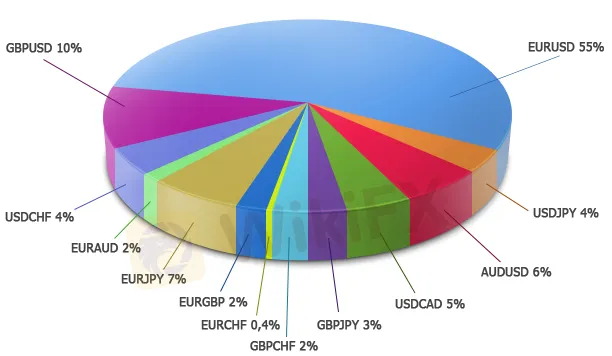How to Identify and Avoid Forex Scams from wisepowder's blog
Do you know the forex market is the largest financial market in the
world, with over $5 trillion traded every single day? At the click of a
button you can instantly trade on hundreds currencies, including the US
dollar, Euro, British pound, Japanese Yen, etc.To get more news about WikiFX, you can visit wikifx official website.

However,
while the financial gains of trading the Forex market seem lucrative,
it cannot considered easy. There are many unscrupulous people who will
try to scam individuals through Forex trading scams. Scammers are always
somewhere nearby, trying to steal your money.
Forex scams often
pitch “too-good-to-be-true investment opportunities” as a way of
convincing you to part with your money. When you lack trading
experience, swindlers will try to exploit your optimism, your fears and
your lack of knowledge.
How to Identify a Scam
The most
important giveaway of a Forex scammer is a guarantee of unusually large
profits with little or no financial risk. Some of these offers may sound
very attractive, especially to beginner traders. But if something
sounds too good to be true, it probably is.
Three Major Types of Forex Scams to Avoid
1) Robot Scams
A
Forex robot is a trading program which uses algorithms, or lines of
computer code, as technical signals to open and close trades. Not all
Forex robots are scams. For example, Forex robots can be built using
Expert Advisors (EAs) within the popular MetaTrader suite of trading
platforms.
2) Signal Seller Scams
Forex signal sellers are
individuals who send out trade ideas which usually include a currency
pair, direction, entry price, stop loss and target levels. Some signal
sellers offer you trading signals, but only if you sign up with a
specific broker. This means they may be getting a kickback from the
broker, so are motivated to send you any trades for you to take
regardless if they win or lose. Having said this, there are some that
will want to keep you profitable so they can continue to receive their
kickbacks from the broker, which acts as their payment for the service.
3) Phony Trading Investment Scams
There
are many adverts nowadays promoting phony forex trading investment
scams and fake forex investment funds. In essence, a slick marketing
message or salesperson will sell you on the phantom, or unverified
results, of their forex fund. All you need to do is send them your
investment and you can sit back and enjoy the returns. Of course, many
people who send their money never see it again. The company says they
have never heard of you and have not received any funds from you.

The Wall